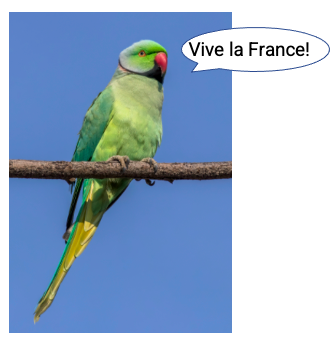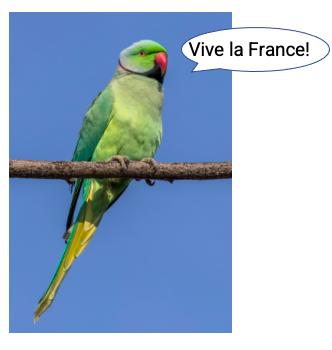It cannot be the least bit surprising that there is another Covid variant in the news. I wrote about this several weeks ago and wondered, since the next Greek letter is pi, whether it would be given the name American Pi should it be first detected in the US.
My viral prognosticative powers are not what they should be; not only was the new kid on the block not discovered in the US, but it didn't even get the proper name!
The World Health Organization naming system for variants has been a joke. In order to avoid “causing offense to any cultural, social, national, regional, professional or ethnic groups,” the WHO decided to use Greek letters to name the variants. How well did that work out? Not very.
For example, the original virus from Wuhan was called just about everything except the Wuhan variant. The press settled on the bland and meaningless term "novel coronavirus," which is rarely used anymore. Then the Greek letters started (1):
- Alpha (UK)
- Beta (South Africa)
- Gamma (Brazil)
- Delta (India)
- Omicron (South Africa and multiple other countries)
(While it may seem that South Africa is no more than a virus spawning ground, this is dead wrong. As I recently wrote, the country got punished (border closings) because its scientists did a superlative job of isolating and identifying new variants, which were almost certainly circulating in other countries, but missed. See Dear Clueless Media: S. Africa Deserves Praise, Not Blame.)
A few observations
First, it is clear that there are missing letters. This is partly because not all variants rose to the level of Variant of Concern (VOC), so while epsilon, theta, etc. did exist, they shamefully faded away, becoming nothing more than another piece of historical detritus of woefully inadequate variants, a humiliation they will never live down. The last variant to "earn" a name was the mu variant, which stuck around just long enough to generate some press hysteria and then entered the virus witness protection program, never to be heard from again.
The next two variants were supposed to be nu and xi, but these were skipped in favor of the next letter, omicron. Why? The WHO claimed that nu sounded too much like new and xi is a very common last name in China. This explanation does not exactly ring true. In fact, it brings to mind a word rhyming with "wool knit."
But it got worse. Since the Greek letter system, even if it had been scrupulously followed, is inherently confusing, we began to see things like "the Delta variant, which originated in India..." If you understand how this destigmatizes India, please leave a comment with your explanation. Completing the circle of inanity, the original virus that started the gigantic mess which the world is still mired in is now routinely referred to as the "Wuhan strain." Can't make this s##t up.
The self-aggrandizing French
With the exception of bakers, the use of the letter pi, which is supposedly reserved for the next (and inevitable) variant, is unlikely to offend anyone. So it is only logical (as if anything is right now) that pi would assume its role as the variant du jour. Yet, this is not the case. Another variant, this one with 46 mutations, which was detected in someone who traveled to Cameroon and returned to France, was identified by the IHU – Méditerranée Infection in Marseilles. Did they name it pi? No, they named it after themselves, leaving us with a variant called the B.1.640.2 aka the IHU variant, aka the "not pi but should be" variant. Some nerve! Will the Greeks be offended that a bunch of French scientists disrespected their alphabet?
"The mutation set and phylogenetic position of the genomes obtained here indicate based on our previous definition a new variant we named “IHU”'
Raoult et al., medRxIV, doi: https://doi.org/10.1101/2021.12.24.21268174
I hate to burst "le balloon" but these guys, even though they may be the first to name it after themselves, are hardly the first group to sequence a variant. Not even close. As of December 2021, six million variants have been sequenced and entered into the GSAID database (short for Global Initiative on Sharing Avian Influenza Data), and to my knowledge, there are no examples of scientists naming another variant after their place of employment, themselves, or their parakeets.

Original photo: Wikimedia Commons




